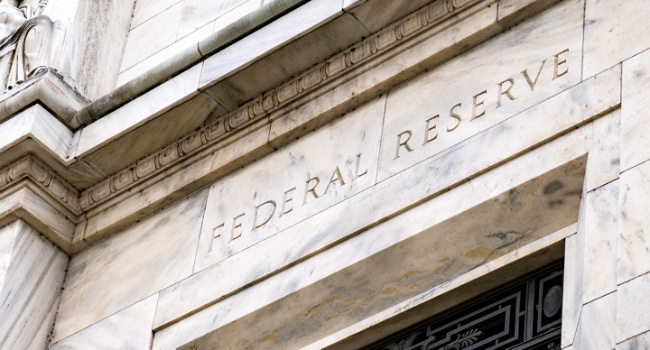The United States (US) federal open market committee (FOMC) has reduced its interest rate by 0.5 percent — its first cut in four years.
FOMC, a committee under the US Federal Reserve (Fed), deliberates on monetary policies to influence the availability and cost of money and credit to help promote national economic goals.
The committee reduced the federal funds rate, which serves as the benchmark for borrowing rates in the banking industry, to a range between 4.75 and 5 percent.
During a press conference on Wednesday, Jerome Powell, chairman of the Federal Reserve and FOMC, said the decision reflects the Fed’s confidence that, with policy adjustments, labour market strength can be sustained alongside moderate growth and inflation moving toward 2 percent.
Advertisement
“Our economy is strong overall and has made significant progress toward our goals over the past two years. The labour market has cooled from its formerly overheated state,” Powell said.
“Inflation has eased substantially from a peak of 7 percent to an estimated 2.2 percent as of August. We’re committed to maintaining our economy’s strength by supporting maximum employment and returning inflation to our 2 percent goal.
“Today, the Federal Open Market Committee decided to reduce the degree of policy restraint by lowering our policy interest rate by a half percentage point.
Advertisement
“This decision reflects our growing confidence that with an appropriate recalibration of our policy stance, strength in the labor market can be maintained in a context of moderate growth and inflation moving sustainably down to 2 percent.”
He said the committee also projected that the appropriate level of the federal funds rate will be 4.4 percent at the end of the year and 3.4 percent at the end of 2025.
The FOMC chair said in terms of economic activity, the US gross domestic product (GDP) grew by 2.2 percent in the first half (H1) of the year, with similar growth expected for the third quarter (Q2).
Powell said the committee’s primary focus had been on bringing down inflation.
Advertisement
He, however, emphasised caution in adjusting monetary policy, noting that reducing restraint too quickly could hinder progress on inflation while reducing restraint too slowly could weaken economic growth and employment.
The FOMC chair said the committee’s decision-making will continue to be data-driven, assessing economic conditions on a meeting-by-meeting basis.
Powell reiterated the FOMC’s commitment to supporting maximum employment, bringing inflation back down to the 2 percent goal and keeping longer-term inflation expectations well-anchored.
Advertisement








